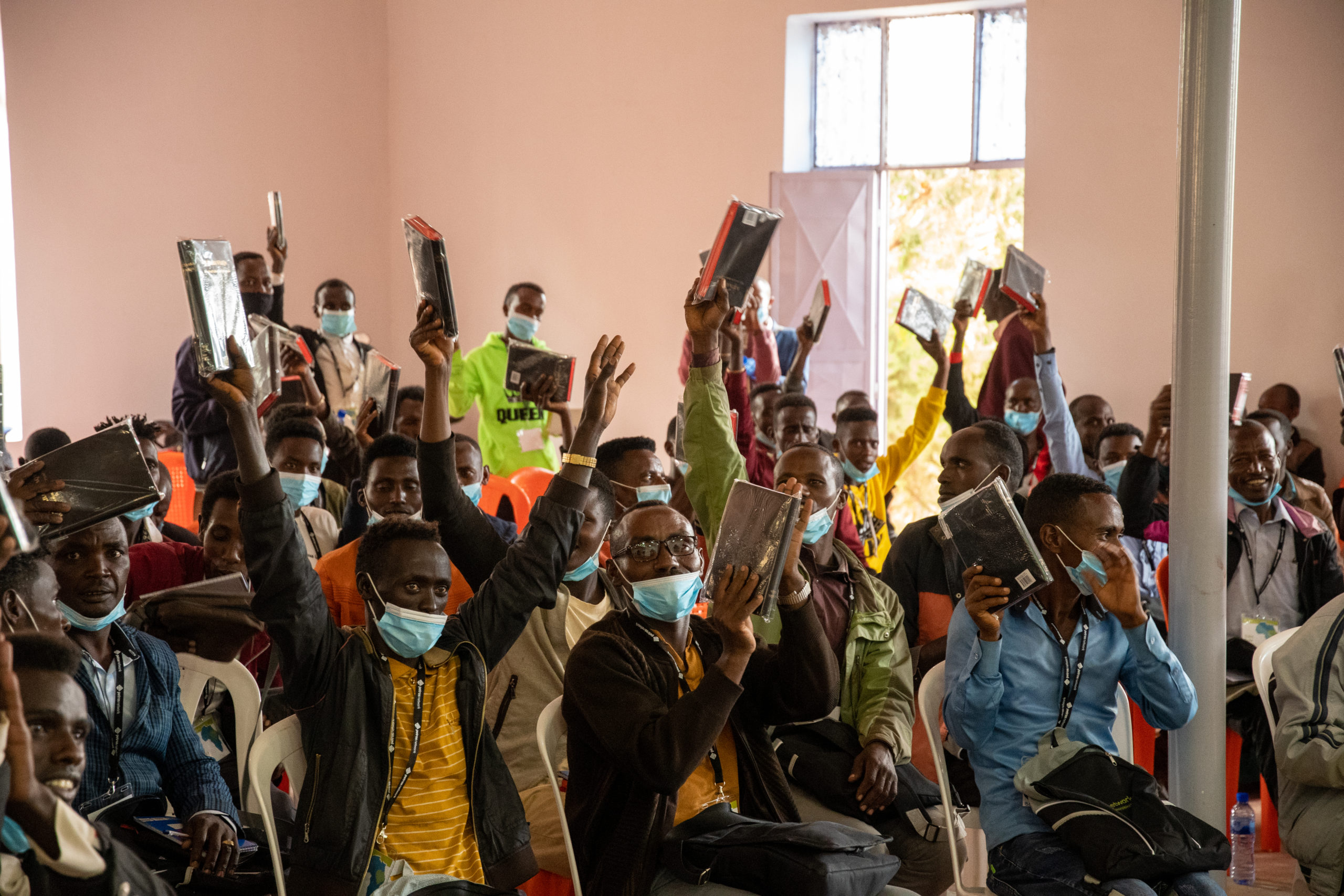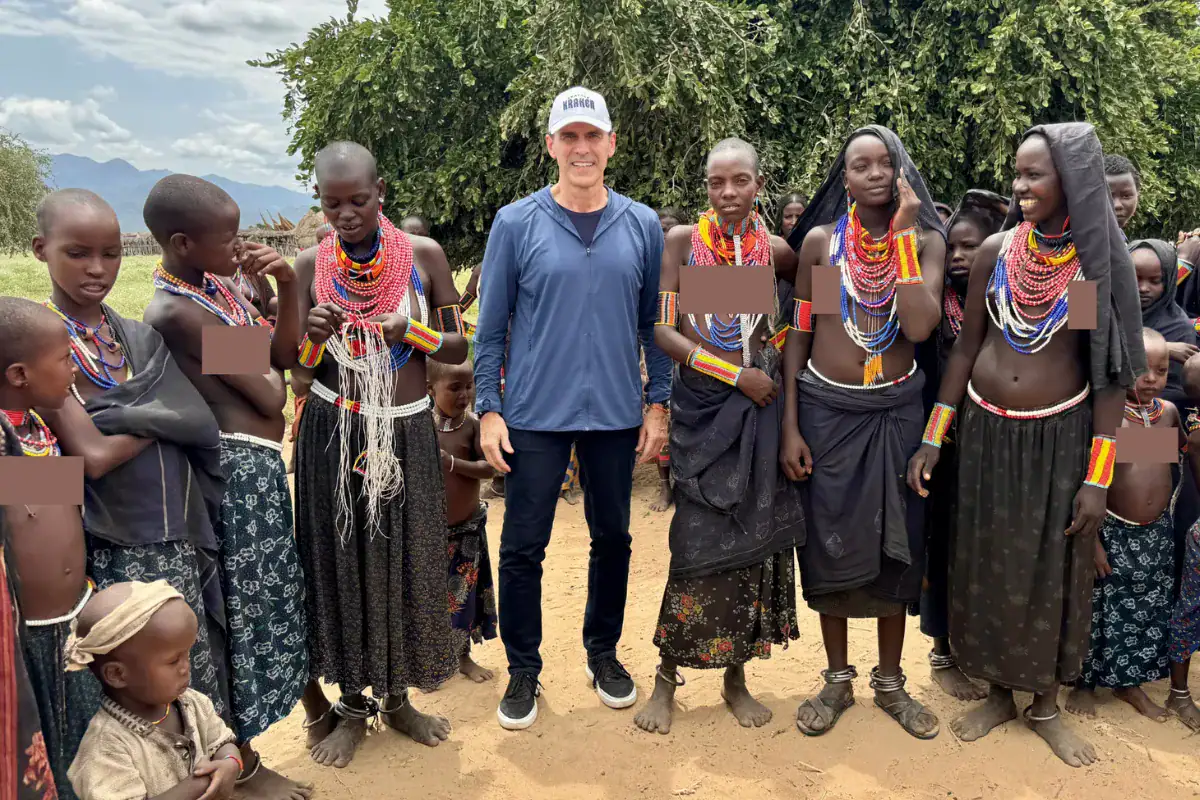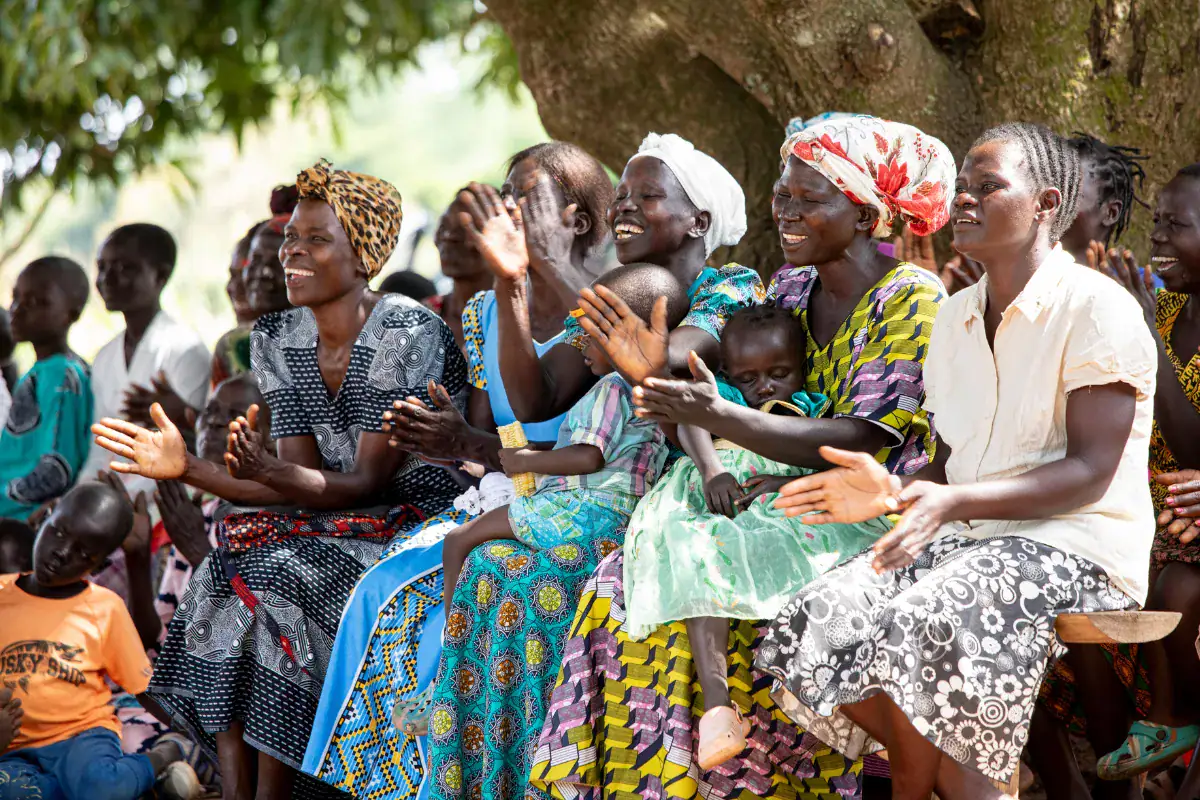The Importance of Divine Calling for Pastors and Missionaries to Reach Unreached People
The role of a pastor or missionary is one of profound significance, demanding dedication, sacrifice, and unwavering commitment. At the heart of this vocation lies a divine calling—a compelling sense that God has chosen and equipped an individual to advance His Kingdom among unreached people. This calling serves as the foundation upon which the work of the Petros Network Church Planting Movement is built, providing both direction and resilience in the face of extreme challenges in rural villages and hostile environments where witchcraft and other religions dominate.
Understanding Your Divine Calling
What is a Divine Calling?
A calling is more than a mere career choice for reaching the unreached; it is a profound conviction that God sets one apart for a specific purpose. This sense of divine appointment to go to the ends of the earth often involves a personal encounter with God, a deep-seated passion for His work, and an overwhelming sense of responsibility toward the spiritual well-being of others.
The Role of Divine Calling in Missionary Work
For Petros Network missionary church planters, this calling is essential as it anchors an indigenous church planter’s mission, giving them the strength and perseverance needed to face adversities, hardships, and sometimes isolation and loneliness as they launch out into unknown territories.

The Biblical Basis of Calling for Indigenous Missionary Church Planters
Examples of Divine Calling in the Bible
The concept of calling is deeply rooted in Scripture. In the Old Testament, we see figures like Moses, who was called by God through the burning bush (Exodus 3:1-4:17), and Jeremiah, appointed as a prophet even before his birth (Jeremiah 1:4-10). In the New Testament, Jesus called His disciples personally, instructing them to follow Him and become fishers of men (Matthew 4:18-22). The Apostle Paul’s dramatic conversion and calling on the road to Damascus (Acts 9:1-19) highlight the transformative power of a divine calling.
How to Recognize Your Calling to Reach the Unreached
People are called to become pastors and missionaries in various ways, often involving a combination of personal experiences, spiritual encounters, and external confirmations. Petros Network has interviewed thousands of missionary church planters about their calling to serve among unreached people.
Here are a few ways Petros Network missionaries have discovered and confirmed their calling to reach the unreached:
Personal Spiritual Experiences
Many of our indigenous church planter candidates feel called to pastoral ministry through a profound personal experience with God. Petros Network field teams have heard numerous stories about dreams and visions in which God showed up in a spectacular way. Additionally, sometimes a major life event, such as a personal crisis, a miraculous event, or a transformative spiritual experience, can serve as a catalyst for sensing a call to ministry.
Spiritual Guidance
The Bible and Bible reading often plays a crucial role in guiding individuals toward their calling, leading them to feel that God is speaking directly to them through scripture about their future role in ministry.
Confirmation Through Others
The support of spiritual mentors, pastors, or mature Christians who recognize and affirm the potential leader’s gifts and passion for ministry can provide significant confirmation. The church community can also provide confirmation. When multiple people within the congregation notice and affirm someone’s gifts for ministry, it can serve as a strong indicator of a calling.
Spiritual Gifts and Talents
As people engage in various forms of service within the church and see the fruit of their efforts, they may feel drawn to pursue ministry more formally. Common spiritual gifts associated with ministry include teaching, preaching, leadership, evangelism, and pastoral care.
Burden for the Lost
A deep-seated burden for those who do not know Christ or a strong desire to serve and help others can drive individuals toward ministry. Petros Network looks for a specific burden in missionary church planters to go to the ends of the earth and reach the unreached.
Circumstantial and Providential Guidance
God can also use circumstances and providential events to guide individuals into ministry. Unexpected opportunities, encounters, or doors opening in ministry-related areas can be seen as signs of God’s leading.
Inner Peace and Joy
Many people recognize their calling through a sense of inner peace and joy when contemplating or engaging in ministry activities. This sense of fulfillment and alignment with God’s purpose can be a powerful indicator of a calling.
The Role of Calling in Sustaining Ministry Among Unreached People
Divine Calling Enables Endurance in Adversity
In hostile environments where the Gospel is met with fierce resistance, a strong sense of calling provides the essential resilience to endure persecution, rejection, and hardship.
A Petros Network church planter writes,

“Despite living in a grass hut without basic amenities and facing scarcity of food, daily persecution, and resistance, the calling to bring hope and restoration through the Gospel sustains me. It is this divine mandate that empowers me to persevere and continue the work of ministry even when circumstances are extremely difficult.”
Divine Calling Gives Direction and Purpose
A clear calling offers direction and purpose, guiding a pastor, missionary, or church leader in their ministry. It helps in making critical decisions, setting priorities, and focusing efforts on what truly matters—bringing people to Christ and nurturing their spiritual growth.
A Petros Network church planter writes,

“In my context, this calling drives me to engage with the community, offering prayer and sharing the message of hope and salvation. Eventually, someone is healed or released from demonic strongholds. When that happens, the village takes notice, people’s lives are transformed, and my church is born.”
Divine Calling Ignites Authenticity and Integrity
Those who are genuinely called by God exhibit a sense of authenticity and integrity in their ministry. This authenticity is crucial in building trust and credibility within the community. People can discern when a leader is genuinely passionate about their calling, which in turn opens hearts to the Gospel.
A Petros Network church planter writes,

“In my context, this calling drives me to engage with the community, offering prayer and sharing the message of hope and salvation. Eventually, someone is healed or released from demonic strongholds. When that happens, the village takes notice, people’s lives are transformed, and my church is born.”
The Impact of a Called Leader to Reach the Unreached
Transformation of Lives
The ultimate goal of a pastor, missionary, or church leader is to facilitate the transformation of lives through the Gospel. A called leader, driven by a deep sense of purpose and mission to reach the unreached, is instrumental in bringing about this transformation.
In a recent interview, a Petros Network missionary church planter told us,

“The community I serve, despite its initial resistance, has begun to witness the fruits of the Gospel—lives being restored, hope rekindled, and harmful practices abandoned. This transformation is a testament to the power of a called leader, despite adversity, who remains steadfast in their mission.”
Building Strong Communities
A leader with a strong calling contributes to the building of strong, Christ-centered communities among the unreached. By preaching the Gospel, providing spiritual guidance, and addressing the physical and emotional needs of the people, a called leader fosters a sense of unity and purpose.
Another Petros Network leader shared,

“In my village, the growing interest in the Gospel and the increasing number of people seeking prayer are signs of a community being slowly transformed by the love of Christ. Jesus said, ‘I have come that you might have life and have it abundantly.’ The joy that begins to grow in my village is contagious.”
Inspiring Future Leaders
A pastor, missionary, or church leader who faithfully lives out their calling serves as an inspiration to others. They encourage and mentor future leaders, ensuring the continuity of the ministry. In challenging environments, the example set by a dedicated leader can inspire others to step forward and embrace their own calling, thus multiplying the impact of the ministry.

“Very quickly, I surround myself with potential leaders. I look for people with character, competence, and a calling to invest in and mentor. My goal is to replace myself and launch another church plant. Petros Network leadership encourages us to plant 3 to 5 churches after our initial church is planted. We are a church planting movement with a passion to reach the unreached.”
The Result of Calling Among Unreached and Underserved People
Romans 12:8 tells us that those who have the gift of leadership need to lead with diligence. This can only happen when a leader senses a divine appointment from God, “a calling,” and in Petros Network’s case, a calling to go to the ends of the earth and reach the unreached. For those called, it is both a privilege and a duty to faithfully pursue the mission entrusted to us, trusting in God’s guidance and provision at every step.
The world desperately needs the hope that only the Gospel of Jesus Christ can provide. Let us rise to the occasion, fulfill our calling, and bring Redemptive Lift, the light and life of Christ, to the darkest corners of the world, unreached and underserved people.
A Calling For Every Believer
The world desperately needs the hope that only the Gospel of Jesus Christ can provide. Let us rise to the occasion, fulfill our calling, and bring Redemptive Lift — the light, and life of Christ — to the darkest corners of the world. The Great Commission is a calling for every believer. Are you in? Together, let’s take the Gospel to those who need it most, the unreached and underserved.




